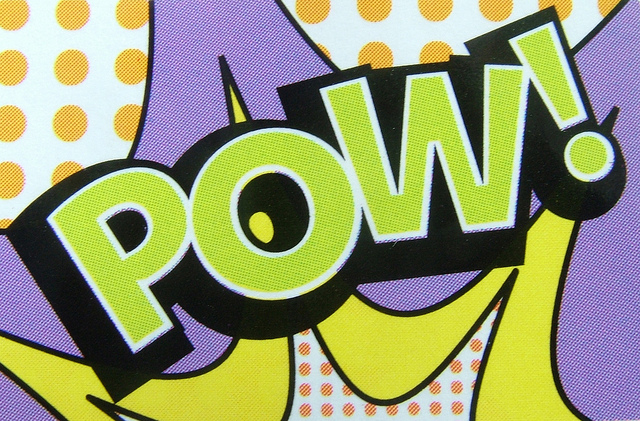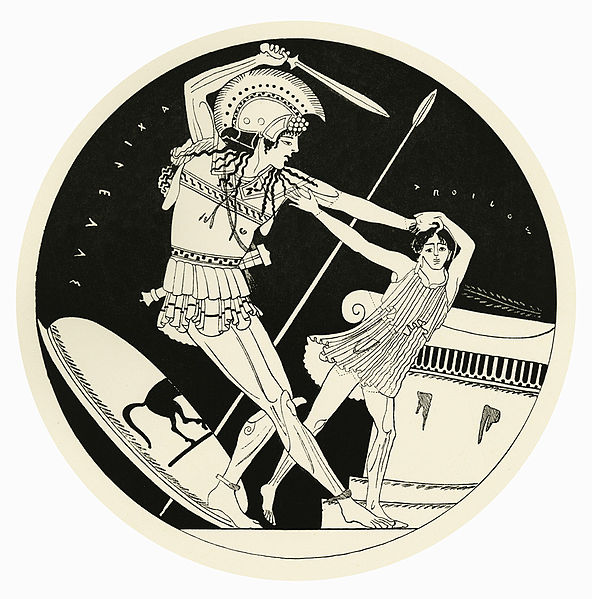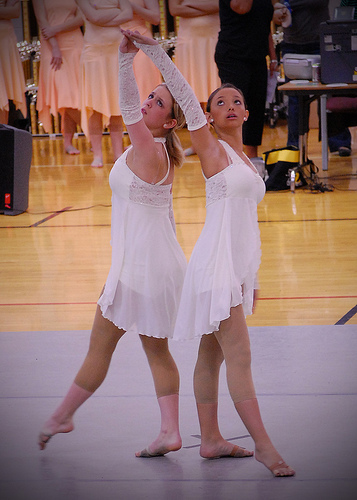
Source: POW!, kenjonbro, Flickr
Poetry is the most economical of all literary forms. It packs the most power per word when compared to stories, novels, plays, and essays. Poets must choose each word of a poem carefully to achieve maximum impact.
These famous poets describe poetry in the following ways:
“Poetry is what makes me laugh or cry or yawn, what makes my toenails twinkle, what makes me want to do this or that or nothing.”
Writers of all literary forms write with a purpose. They might write to narrate, describe, argue, or define. Poetry, however, often has both underlying and overarching purposes that go beyond the literal. It often causes us to feel emotions such as joy, sorrow, anger, and love. At the same time, poetry has the ability to surprise us with “aha” moments that help us understand more about ourselves and what’s true in the world.
EPIC

Source: Achilles, MCAD, Wikimedia
LYRIC

Source: Coal Grove Dance Competition, David
Reber’s Hammer Photography, Flickr
Two categories of poetry are epic poetry and lyric poetry. Poets who want to tell a story and express cultural values by describing the adventures of its heroes may choose to write epic poetry. On the other hand, poets who mainly want to express feelings and emotions may write lyric poetry.
In this lesson, you will learn how to identify the purposes and characteristics of these two different poetic forms.